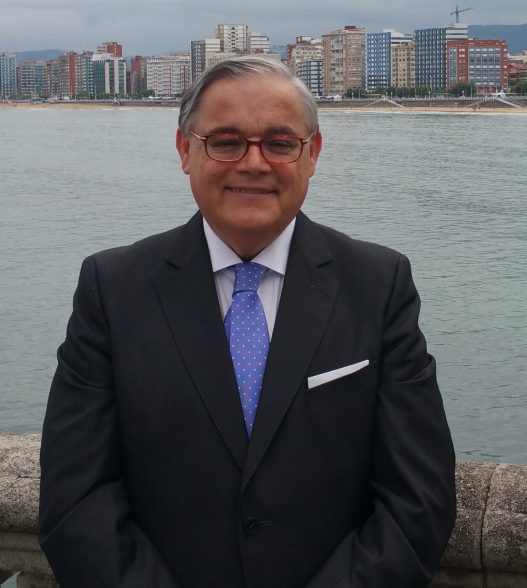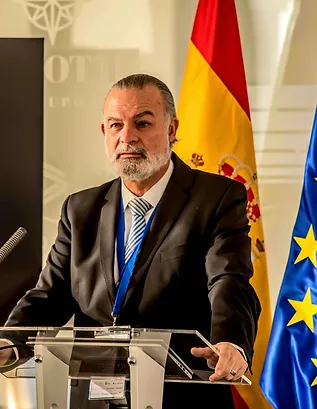ALBERTO BARCIELA
THE VOICES OF MARRAKESH

Prensa Ibérica
September 16, 2023
I felt, for a moment, the need to escape from the almost unbearable reality of pain that brings a now flooded with catastrophes: droughts, floods, earthquakes, fires, wars, pandemics…. The probable, the improbable, the predictable, the inevitable, needs at least one proven vaccine: reading. I confess, I was urged by the criterion of approaching that reality with no other king than an almost unreal character, that beautiful and close truth called Morocco, that Barbary that has contributed so much to our culture and our language, and that nevertheless does so much damage to the Spanish memory. In truth, we live as brothers, separated by the incongruities of a love as close as it is resentful, as needy as it is repudiated, as close as it is longed for.
This time I found reasoned consolation in Elias Canetti, winner of the Nobel Prize for Literature in 1981. He represents like few others the history of Spanish greatness and infamy. He was born into a merchant family of Sephardic origin who settled in Bulgaria.
As if nothing had happened, not even the more than fifty years since he wrote it, I have gladly reread “The Voices of Marrakesh”. In his words I strolled again in Jamaa El Fna – at night “it was extraordinary to wander around the almost empty square. There was no acrobat, no dancer, no snake charmer, no fire-eater”; through the souks; the mellah, the Jewish quarter…. In each of his stories there is an image of survival, of blind and beggar children, merchants, camel drivers, slaughterers, prostitutes, storytellers or scribes, even of some animals. Everything happens as in a story that was the truth that he witnessed fourteen years after taking some brief notes and that also, in the opposite, could be the fiction of the film that justified his stay in the Moroccan city.
From a mundane perspective, Canetti finds it possible to tell everything with simplicity. He relates it in the pages of his book as if it were a prayer emitted from one of the minarets, which he describes as “beacons inhabited by a voice”. In his case the proclamation is authoritative, like that of a scholar, like that of a privileged, sensitive, attentive observer.
“The Return to Marrakech” is full of nostalgia and a certain romantic but evident pain, as could be today tales of truth strolled through cities of #Ukraine, #Syria, #Afghanistan, #Niger, #Haiti, #Lebanon…. The list would be endless, it is the story of a world that makes its catastrophes the exact reference of the failure of a global civilization, digital, theoretically advanced, but capable of adding to natural disasters war conflicts, mafias, corruption or, worst of all, disengagement. All this will lead us to ask ourselves, as the Bulgarian author did at other times in his writings, whether “was it really worth inventing man?”, whether “there was no other way to ruin the Earth?”.
Canetti affirms that “traveling we tolerate everything, prejudices remain at home. One observes, one listens, one is fascinated by the most atrocious because it is new. Good travelers are ruthless.” Perhaps we viewers are also heartless in the face of true images, which we confuse with fiction.
Now, one thinks for a moment of the Moroccans, one understands the people and their pain, one sympathizes, but when one reflects on their leaders, one is “afraid of foreigners, as if they should still be enemies. They are not yet, and one already fears that they will remain so”, says Elias Canetti in his “Notes 1992-1993”, says he who believed that “it takes little to make a stopped heart beat”. We need to revive ourselves and react, we are human and the same blood runs through our veins. The other exists even before getting on a boat.
Alberto Barciela, a Spanish journalist, is the Vice President of EditoRed.
This text is free to use. If you plan to use all or part of it, you are required to mention www.EditoRed.org as the source.



